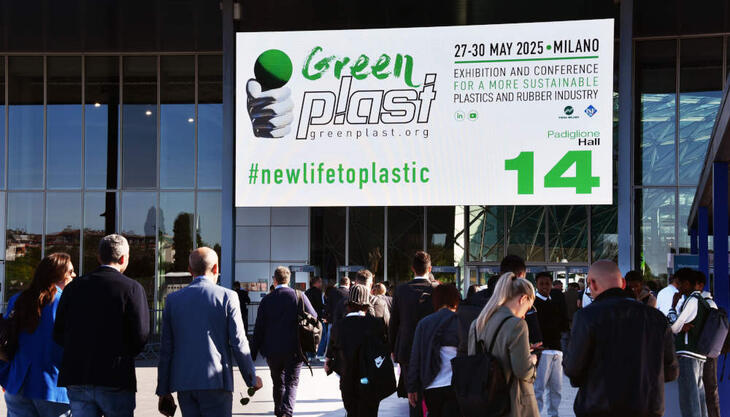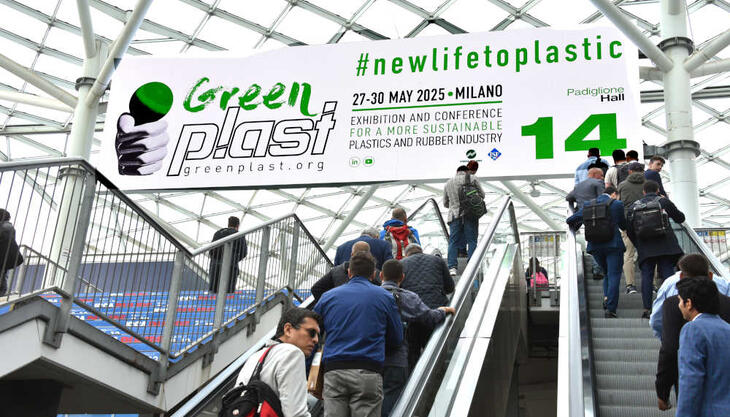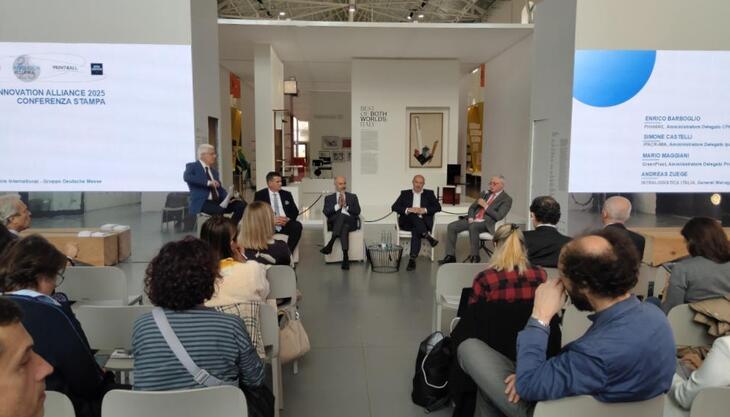How AI is Transforming the Circular Use of Plastics

The many ways in which artificial intelligence is transforming the circular use of plastics will be showcased at the Plastics Recycling Show Europe exhibition and conference at RAI Amsterdam, the Netherlands, on 1 and 2 April. The AI Innovation Hub feature area introduces all the latest uses of AI in plastics recycling through information boards and video displays, guiding visitors through the areas of feedstock and design, collection, processing, and material sourcing. There will be a swarm robot sorting demonstration, and an AI-based recycling data game is set to be launched at the event. The robot Swarm Sorting Demonstration is a collaboration between TU Eindhoven, National Test Centre Circular Plastics (Netherlands) and Antfarm. It takes place in a 5x5 metre area with four autonomous sorting robots and coloured plastic recycling targets. An accompanying video display explains how swarm sorting will evolve in context of the Mechanical Recovering Facility (MRF).
AI can simplify material selection, product design, and optimize collection routes. In recycling sorting systems, it reduces manual labour and improves sorting accuracy. AI algorithms can efficiently identify and sort recyclables. By analysing facility data AI has the potential to optimize systems, cut costs, and reduce environmental impact. It can also monitor energy use, check recyclate quality, and boost plant efficiency. AI-powered online platforms can match recyclers with processors, using algorithms to optimize pricing based on demand. Additionally, AI enhances data-driven decision making, using blockchains to ensure traceability and transparency.
Launched at PRS Europe, the Recycling Data-Game aims to supplement and support the training and optimization of AI algorithms for the material identification, segmentation, and categorization module of the Portable, Robotic Material Recovery Facility (prMRF) being developed by the Reclaim project for deployment in remote areas like European islands. Visitors can use tablets to play the game, which simulates the plastics sorting process.


















